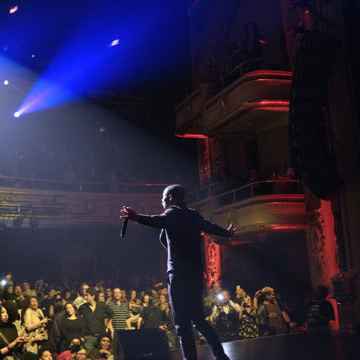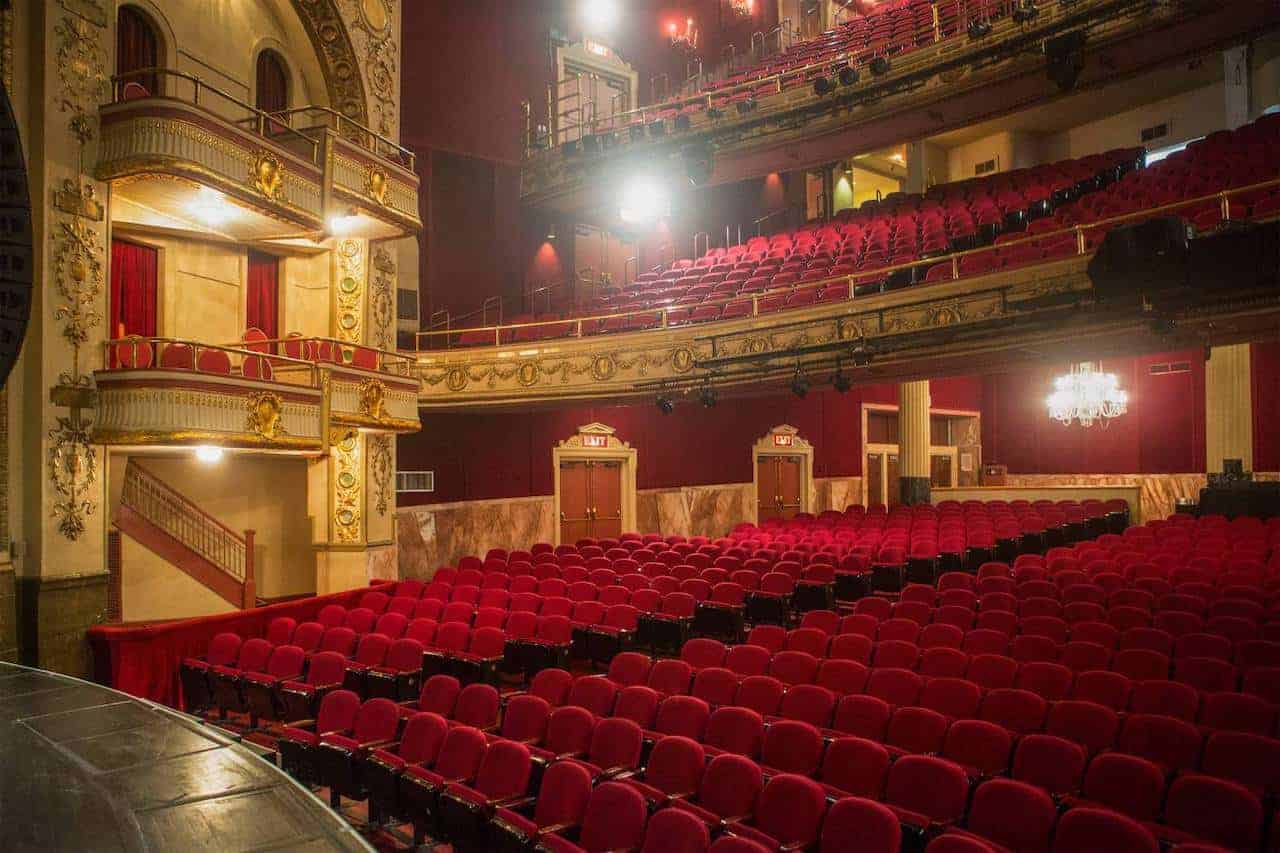The Apollo Theater stands as a cherished music venue nestled in the Harlem district of New York City. With a history it has earned its place as one of the iconic theaters, in the United States celebrated for its pivotal support of African American talent and heritage. Here’s a rundown of all things Apollo Theater;
- History: The Apollo Theater was originally designed and built in 1913-1914 as the Hurtig & Seamon’s New Burlesque Theater. However, in 1934, it was reopened as the Apollo Theater and became a showcase for African-American performers during a time when racial segregation was prevalent in the entertainment industry.
- The Amateur Night, at the Apollo Theater is widely recognized as an event. This talent competition has been running since 1934. Remains popular today. Over the years it has played a role in launching the careers of famous artists, such as Ella Fitzgerald, Billie Holiday, James Brown, Stevie Wonder, and others.
- Music and Performances: The Apollo Theater has showcased a variety of music genres throughout its history, including jazz, R&B, gospel, soul, hip hop and more. It has welcomed performers like Duke Ellington, Aretha Franklin, Michael Jackson, The Jackson 5 Marvin Gaye Diana Ross, and many others. Presently the theater continues to host a range of shows and events such, as concerts, comedy acts,dance performances and theatrical productions.
- Renovation: The Apollo Theater underwent a major renovation in 2005 to restore its historical integrity and modernize its facilities. The project included upgrades to the stage, dressing rooms, audience seating, and the addition of new sound and lighting systems. The renovation aimed to enhance the overall experience while preserving the theater’s unique character.
- Apollo Walk of Fame: Outside the theater, the Apollo Walk of Fame honors influential artists who have made significant contributions to African-American culture and the performing arts. The walk features plaques embedded in the sidewalk, celebrating icons such as Aretha Franklin, Ella Fitzgerald, Stevie Wonder, Smokey Robinson, and many others.
- Cultural Significance: The Apollo Theater has been instrumental, in advancing and promoting music, especially during the Harlem Renaissance and the Civil Rights Movement. It has provided a stage for performers to display their skills defy prejudices and achieve widespread acclaim.
- Apollo Education Programs: The theater is committed to education and community outreach. The Apollo offers a range of educational programs, including workshops, masterclasses, artist residencies, and initiatives focused on youth development. These programs aim to nurture emerging talent, promote arts education, and provide opportunities for young artists.
The Apollo Theater is a known establishment that plays a role, in shaping the cultural scene of New York City and beyond. With its past memorable shows and dedication, to highlighting a range of voices it has become a symbol of American success and creative accomplishment.







